ICI 178th Huaxia Curriculum Forum║Experts from the German Textbook Institute share "The evolution of textbook ontology from books to media ecology in the era of digital intelligence technology"
2025-04-10
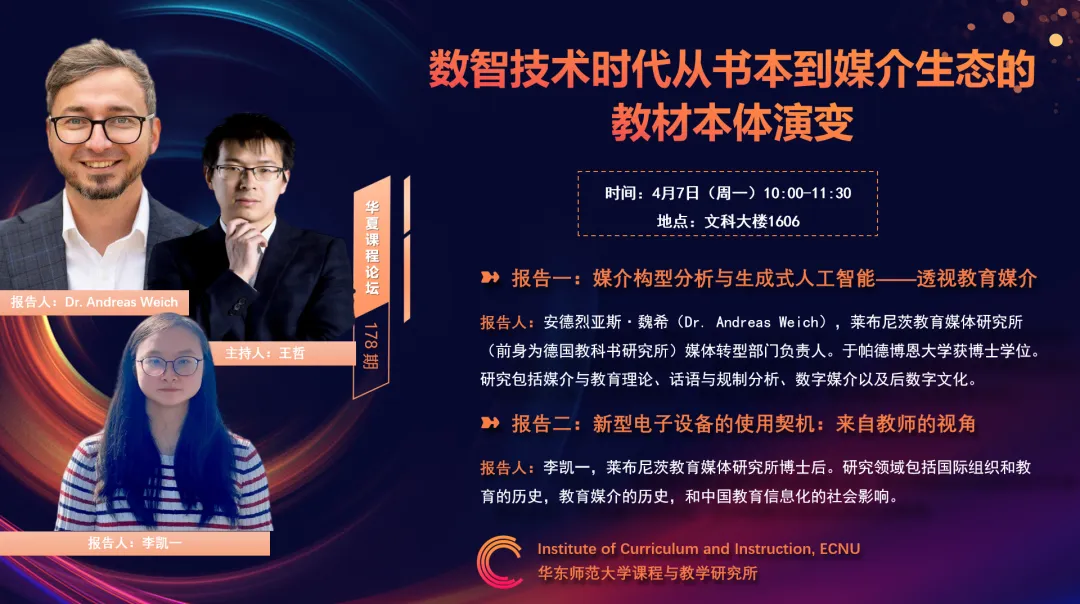 On April 7, the Institute of Curriculum and Instruction of East China Normal University successfully held the 178th Huaxia Curriculum Forum with the theme of "The Evolution of Textbook Ontology from Books to Media Ecology in the Digital Intelligence Era". The forum was hosted by Associate Professor Wang Zhe, and invited Dr. Andreas Weich and Dr. Li Kaiyi from the Leibniz Institute for Educational Media (formerly the German Textbooks Institute) to conduct in-depth discussions from the perspectives of media research and educational practice respectively. The forum attracted many educational scholars, teachers and researchers to participate in the discussion of the transformation and future of textbook ontology in the era of digital intelligence technology.
On April 7, the Institute of Curriculum and Instruction of East China Normal University successfully held the 178th Huaxia Curriculum Forum with the theme of "The Evolution of Textbook Ontology from Books to Media Ecology in the Digital Intelligence Era". The forum was hosted by Associate Professor Wang Zhe, and invited Dr. Andreas Weich and Dr. Li Kaiyi from the Leibniz Institute for Educational Media (formerly the German Textbooks Institute) to conduct in-depth discussions from the perspectives of media research and educational practice respectively. The forum attracted many educational scholars, teachers and researchers to participate in the discussion of the transformation and future of textbook ontology in the era of digital intelligence technology.
Reconstruction of textbook ontology:
From static text to dynamic media ecology
1. Media constellation analysis and generative artificial intelligence from a media studies perspective
The first half of the forum was given by Dr. Andreas Weich.

He cut in from the perspective of media research and proposed the "media constellation model", revealing the deep logic of the evolution of textbooks from a single book to a multi-media ecology. He pointed out that the "book ontology" of traditional textbooks is being replaced by a dynamic constellation consisting of "materiality (technical carrier), knowledge practice (usage scenario), subject position (teacher-student role) and content generation (symbolic interaction)". For example, the widespread use of online teaching platforms has not only changed the physical form of textbooks, but also reshaped the teacher-student interaction mode - teachers have changed from "knowledge transmitters" to "teaching architects".
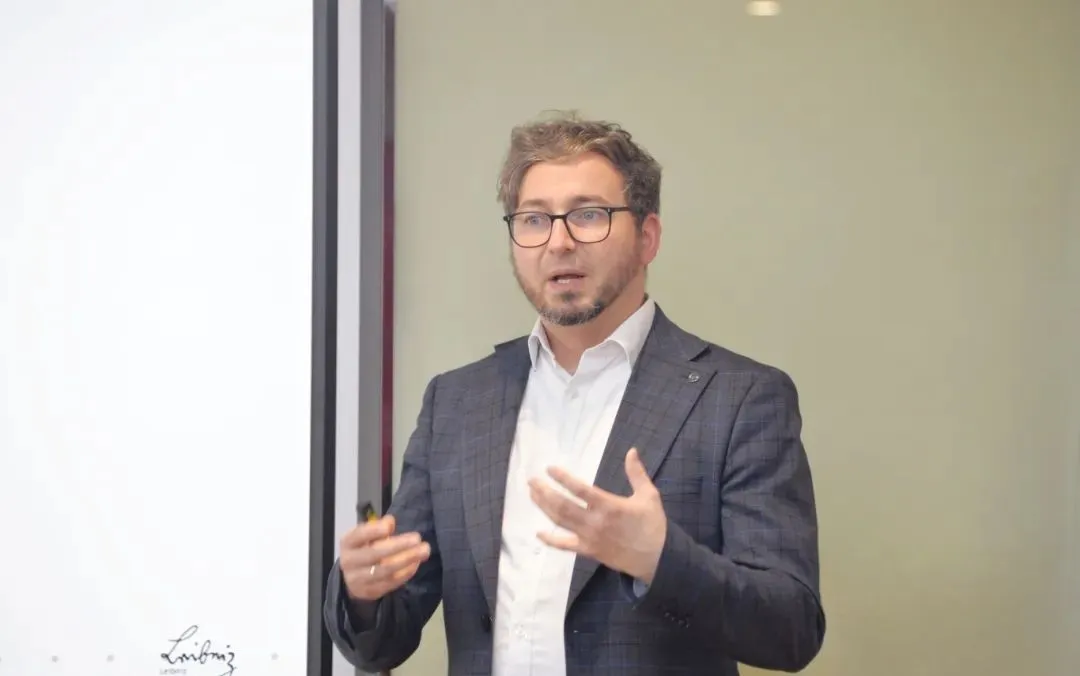
Recently, the intervention of generative AI has shifted the content of textbooks from preset texts to real-time generated data streams. He emphasized that the "ontology" of textbooks is no longer limited to paper carriers, but is embedded in the complex network of media ecology. From paper form to educational media, the value of the transformation of textbook ontology lies in the reproduction of educational significance through the synergy of technology, practice and subject.
2. Opportunities for the use of new electronic devices - teachers' perspective
The second half of the forum was given by Dr. Li Kaiyi.
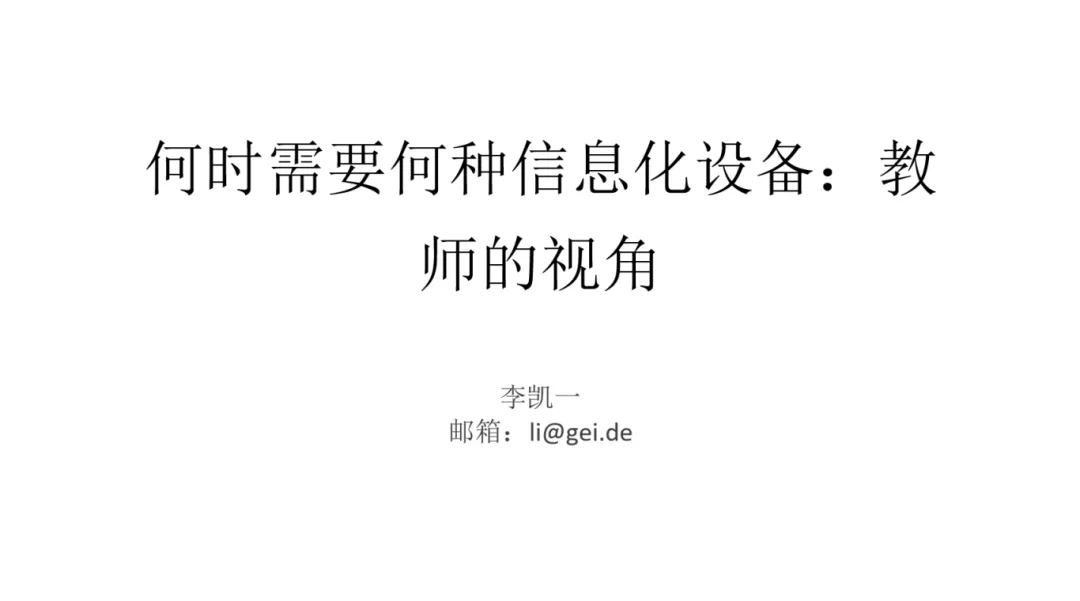
Based on field surveys of urban and rural primary and secondary schools in central, eastern and western China, Dr. Li analyzed the localized evolution of textbook forms under the penetration of technology. The study found that although all-in-one machines, recording classrooms and other equipment have been widely introduced into the classroom, paper textbooks still occupy a core position in teaching.
Although the authority and systematicness of textbooks have not been eliminated by technical tools, the "auxiliary role" of technology is quietly changing the functional boundaries of textbooks. All-in-one machines expand the visual dimension of knowledge through multimedia presentation, and recording classrooms make the teaching process a "dynamic textbook" that can be traced back and analyzed.
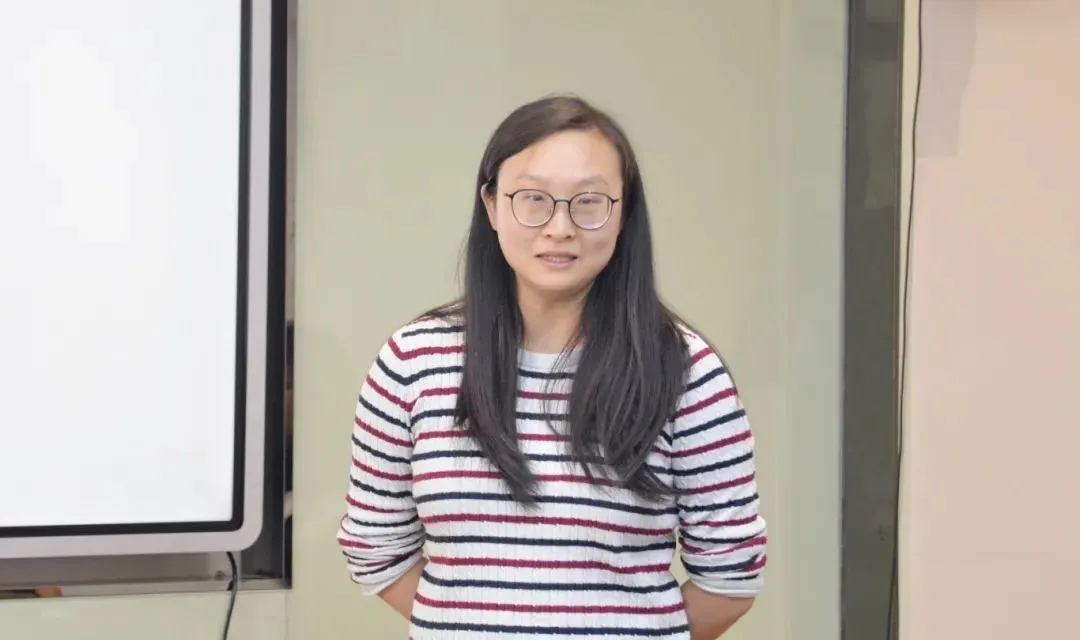
It is worth noting that Chinese teachers' choice of technology is deeply constrained by social culture-although information tools are regarded as a revolutionary force for educational change, their actual use is still constrained by multiple factors such as teaching efficiency, teaching continuity, and teacher burden. This shows that the media transformation of textbooks is not driven only by technology, but the result of the game between technological logic and local educational practice.
ICI
The report of the two experts examines the evolution of textbooks from a global perspective and reveals the dual characteristics of textbook development in the digital era. On the one hand, under the trend of technology empowerment, textbooks show significant openness. Cutting-edge technologies such as generative AI and multimodal interaction have promoted the transformation of textbooks from traditional closed text forms to editable and expandable "living" forms. On the other hand, cultural inertia gives textbooks stability.
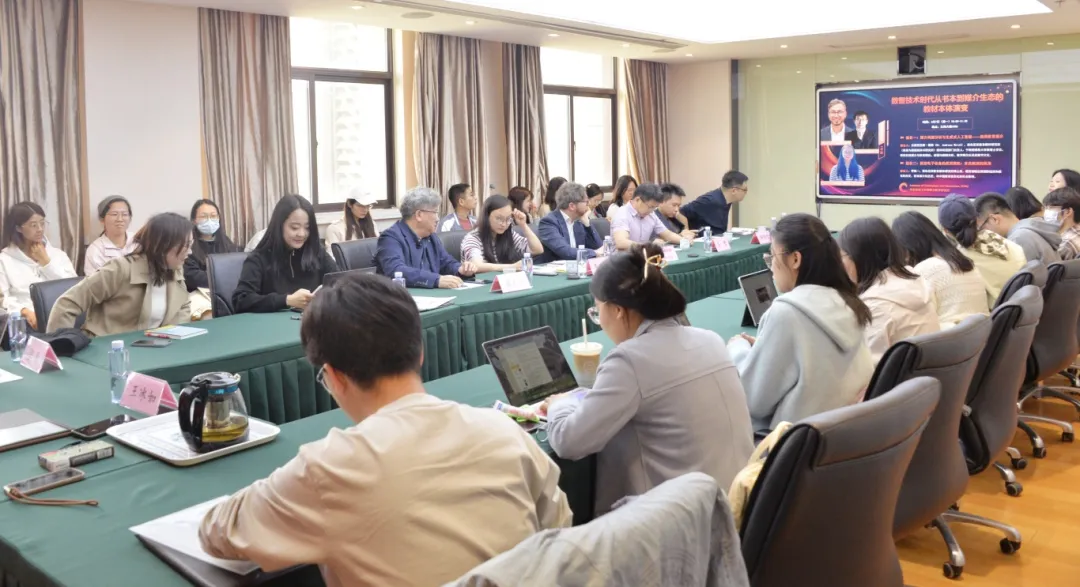
Discussion:
Opportunities and Challenges of Textbooks in the Digital Age
During the exchange and discussion session, teachers and students discussed "The Future of Textbooks in the Digital Age". Dr. Wei Xi pointed out that the introduction of generative artificial intelligence and information equipment has provided new possibilities for the reconstruction of textbooks, but it has also brought challenges such as privacy, ethics and technology dependence. Dr. Li Kaiyi added from the perspective of teachers that the use of technology needs to match teaching objectives and student needs, and over-reliance on technology may lead to the weakening of teachers' professionalism.
The discussion ultimately points to the philosophical questioning of the textbook itself: technology should not be the purpose of education itself, but should be used as a tool to expand learning time and space. When technological progress conflicts with educational values, it is necessary to return to the original intention of "people-oriented" education. As Dr. Wei Xi said: "The evolution of educational media needs to start from the dynamic relationship of media configuration and pay attention to the complex interaction between technology and educational practice." This balanced wisdom in dynamic interaction will become a common topic for educators in the digital age.
The scholars attending the forum agreed that the ontology of future textbooks needs to find a balance between technology and humanities, embracing the innovation of digital intelligence technology while adhering to the core values of education.
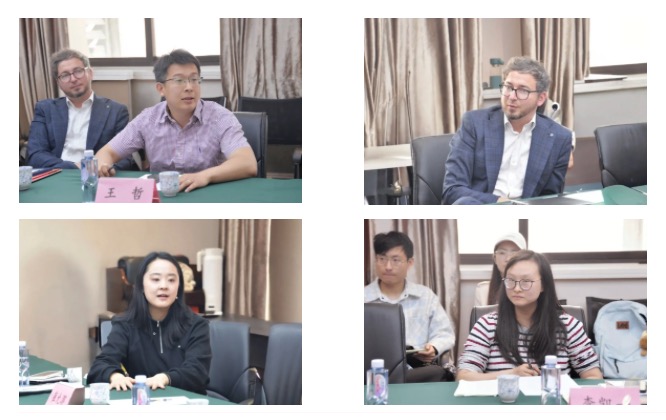
Summary and Outlook
This forum revealed the evolutionary logic of textbook ontology in the era of digital intelligence technology through the dual paths of theory and empiricism: the transformation from static knowledge containers to dynamic media ecology is both an inevitable result of technological development and the result of adaptive practice of educational subjects.
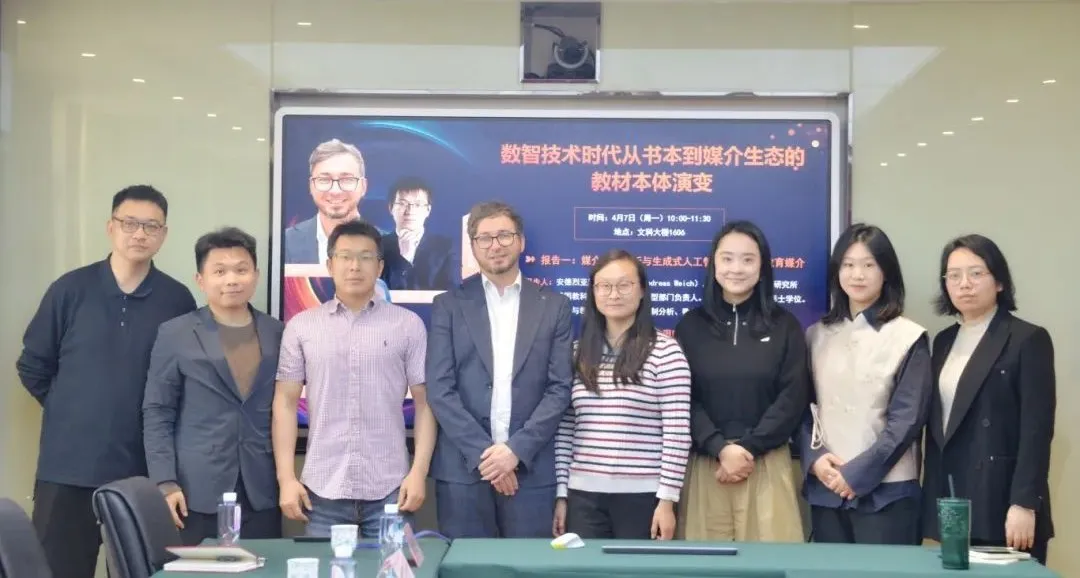
In the future, the "ontology" of textbooks may transcend the dispute over form and focus on how to build a more inclusive and interactive knowledge ecosystem through media convergence. This exploration requires not only the collaboration of the global academic community, but also the rooting of local practice to seek a balance between technological rationality and educational humanity.